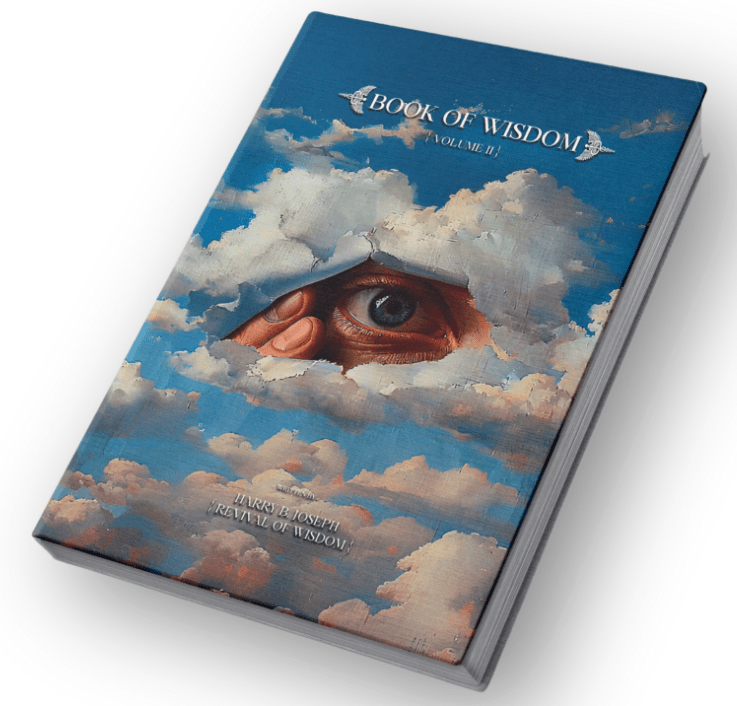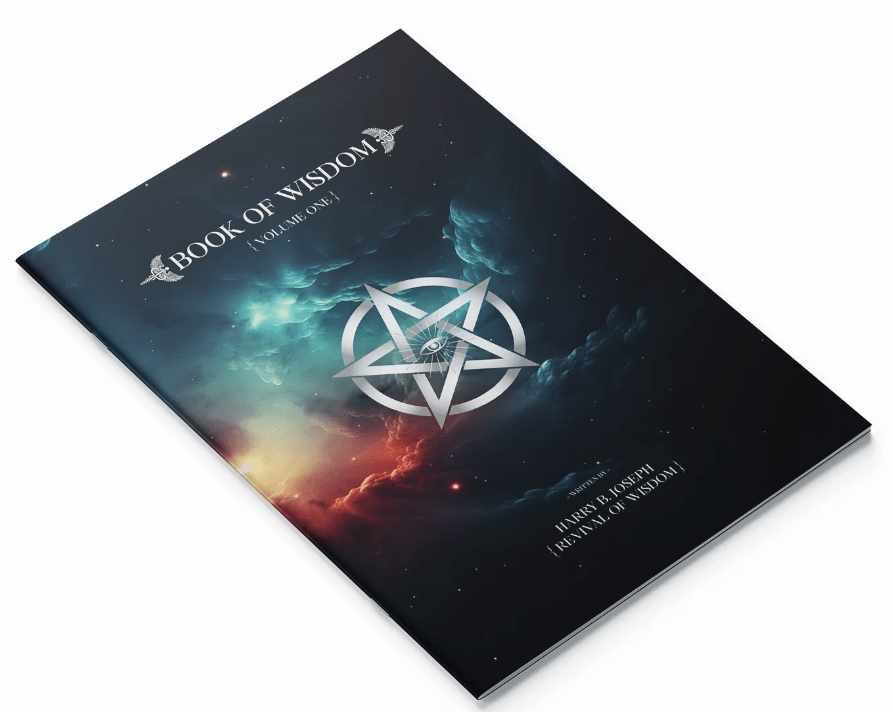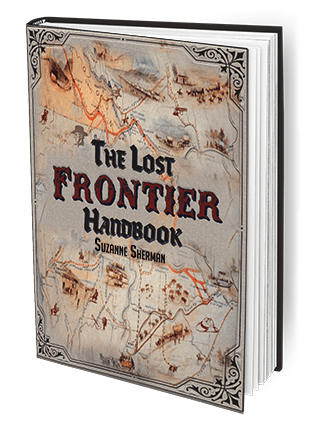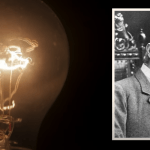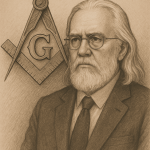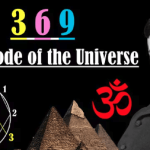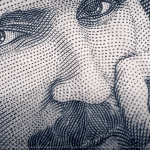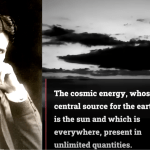The Round Table Society’s Origins and Goals
Eric Dubay delves into the history of the Round Table, a secret society founded by Lord Alfred Milner, a Freemason and Rothschild agent, at the turn of the 20th century. The organization’s mission, inspired by the vision of wealthy statesman and businessman Cecil Rhodes, was to establish a world government. Rhodes left his entire fortune to create Round Table groups dedicated to extending British rule throughout the world.
Cecil Rhodes’ Wills and the Blueprint for a Secret Society
Rhodes detailed his commitment to forming a conspiracy aimed at establishing a world government in a series of wills, which Frank Edellet described in his book “American Scholarships.” Rhodes proposed that the secret society should be modeled after the Society of Jesus, though he also mentioned the Masons. The Round Table worked clandestinely at the highest levels of the British government, influencing foreign policy and England’s involvement in World War I.
Dr. Carol Quigley’s Insider Perspective on the Round Table
Dr. Carol Quigley, a long-time researcher of the Round Table, was granted insider access to the organization for a couple of years as an official historian. In his book “Tragedy and Hope,” Dr. Quigley revealed that while the Rhodes scholarships, which Bill Clinton received, are widely known, the fact that Rhodes left his fortune to form a secret society is not. According to Dr. Quigley, this secret society still exists today and operates as an international anglophile network.
The Round Table Society’s Legacy and Continuing Influence
Despite operating behind the scenes, the Round Table Society’s impact on foreign policy and its involvement in World War I cannot be denied. The organization’s goals, which include establishing a world government and extending British rule globally, are undoubtedly controversial. Nevertheless, the Round Table Society continues to function in secret to this day.
The Round Table’s Connections to Other Secret Societies
The Round Table Society is not the only secret organization with influence over global politics. The Illuminati, the Freemasons, and the Bilderberg Group are just a few examples of other secret societies that have been rumored to pull strings behind the scenes. These groups are often interconnected, sharing members, resources, and goals, making it difficult to discern their individual influence.
The Dangers of Secret Societies in Modern Politics
The existence of secret societies like the Round Table Society poses a significant threat to democracy and transparency in government. By operating in secret, these organizations can influence policies and decisions without public scrutiny or accountability. This lack of transparency and potential for manipulation by unelected elites undermines the democratic process and erodes public trust in government institutions.
Conclusion: The Importance of Uncovering Secret Societies
To ensure transparency, accountability, and the integrity of the democratic process, it is essential to uncover the hidden influence of secret societies like the Round Table Society. By exposing their agendas and activities, we can promote open discourse about their role in shaping global politics and work to safeguard the democratic principles upon which modern society is built.




